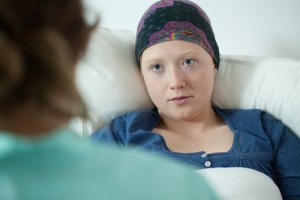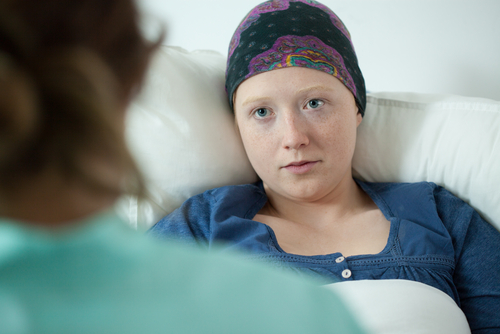 Seattle Children’s announced the opening of their new clinical trial to advance immunotherapy research in children suffering with neuroblastoma, the deadliest form of cancer in children.
Seattle Children’s announced the opening of their new clinical trial to advance immunotherapy research in children suffering with neuroblastoma, the deadliest form of cancer in children.
The Food and Drug Administration (FDA) has recently authorized this Phase 1 trial, known as Engineered Neuroblastoma Cellular Immunotherapy (ENCIT-01), based on the same scientific principles that already showed progresses in the treatment of acute lymphoblastic leukemia in patients that have relapsed more than once.
Seattle Children’s is one of the first health care institutions to treat pediatric solid tumor cells via immunotherapy, an approach that uses the patient’s own immune system to identify, target and attack cancer cells.
“Solid tumor cancers are especially challenging to treat because the tumors create their own environment that prevents the immune system from responding (…) But we have encouraging research suggesting cellular immunotherapy can be used to safely treat neuroblastoma,” lead investigator for the new trial, and oncologist at Seattle Children’s Dr. Julie Park said in a press release.
Seattle Children’s Research Institute has been a leader in the development of cellular immunotherapy to treat pediatric cancers. Dr. Mike Jensen has been the leader as the director of the Ben Towne Center for Childhood Cancer Research; he began the first studies using immunotherapy to treat children and young adults with recurrent acute lymphoblastic leukemia in 2012. Six of the patients that had enrolled in those trials are currently cancer free.
“We are very excited to begin studying this new immunotherapy for treatment of patients with neuroblastoma (…) There are many children in need of innovative therapies like this. Seattle Children’s is dedicated to developing this therapy to its safest and most effective iteration,” added Park in the press release.
Children and adolescents suffering with neuroblastoma and that responded poorly to standard treatments of chemo and radiotherapy can enrol in the ENCIT-01 trial. Blood samples will be collected from each participant, to isolate and reprogram immune T-cells to target cancer cells. Those cells will be injected back into the patient from which they initially belonged. Hopefully they will have enhanced activation and recognition capacities to destroy neuroblastoma cancer cells.
Patients can be referred to the trial from all around the world. Park added: “These children typically have less than a 10 percent chance of surviving (…) We want to offer them and their families hope.”


